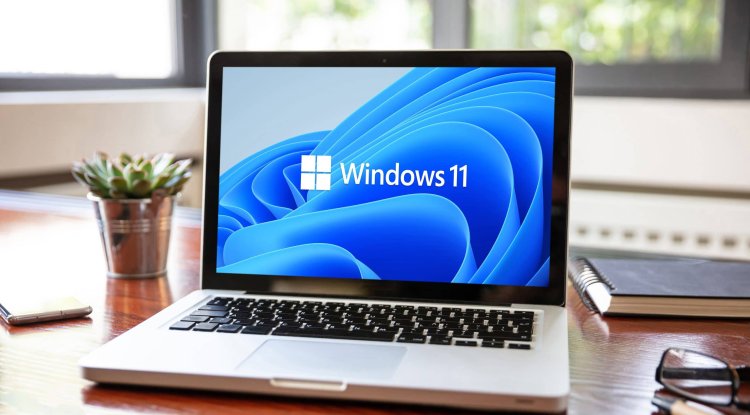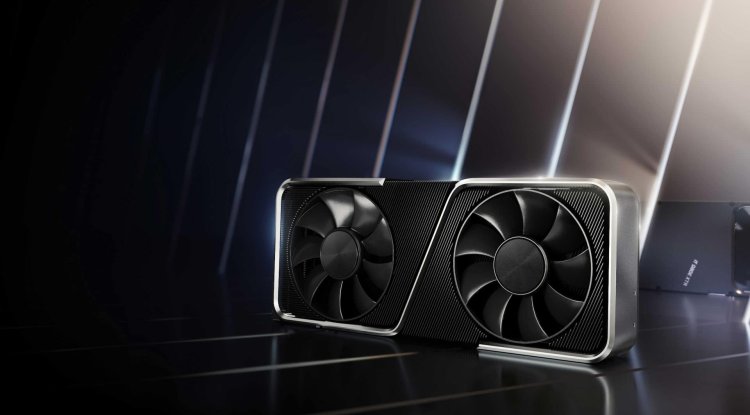Windows 11 stutters and falls with Ryzen
Windows 11 should bring more performance, but there are still problems with AMD Rizen CPUs. A few tips should help until Microsoft offers solutions.

Windows 11 should bring more performance, but there are still problems with AMD Rizen CPUs. A few tips should help until Microsoft offers solutions.
Rizen processors usually provide more performance for less money, but that doesn't work smoothly on Windows 11 systems. Many users have reported performance losses, stuttering and malfunctions since switching to the new version of Windows. There does not seem to be such a problem on systems with Intel CPUs.
Although these circumstances have been known since the publication, an official solution from Microsoft is still pending. In the meantime, however, these downtimes and crashes continue to increase, no matter what other components are installed.
However, based on reports from different users, it is at least possible to narrow down where the problems arise. As a rule, they refer to the TPM firmware integrated in Ryzen. However, this "trusted platform module" is responsible for basic security features and is also absolutely necessary to upgrade to Windows 11.
Nevertheless, some strategies can be derived from this information on how to cope with high workload and associated performance loss. They can provide a cure for some systems until Microsoft offers a patch solution. Tips against high RAM usage
1. Turn off TPM 2.0
In some cases, turning off the TPM seems to be enough to solve the problem. However, caution is advised here, as Microsoft points out that security updates can no longer be guaranteed without TPM. However, they offer a guide on how to turn off a TPM that you can easily monitor.
2. Remove icons from the taskbar for teams and widgets
Some widgets and Microsoft teams also ensure that performance on Windows 11 computers is limited. If you don't use it, you can turn it off. To do this, go to "Personalization" and "Taskbar" in the settings. You can then determine which items to show or hide.
3. Switch browsers
For example Chrome using so much RAM. Other background processes can also increase RAM consumption and limit performance without even noticing it directly. Anyone who frequently surfs websites and may even have them open in the background while running demanding programs such as video games can benefit from changing your browser. Special game browsers such as Opera GKS use less CPU and RAM power and are optimized for faster gaming. But Firefox is still a good choice.





































